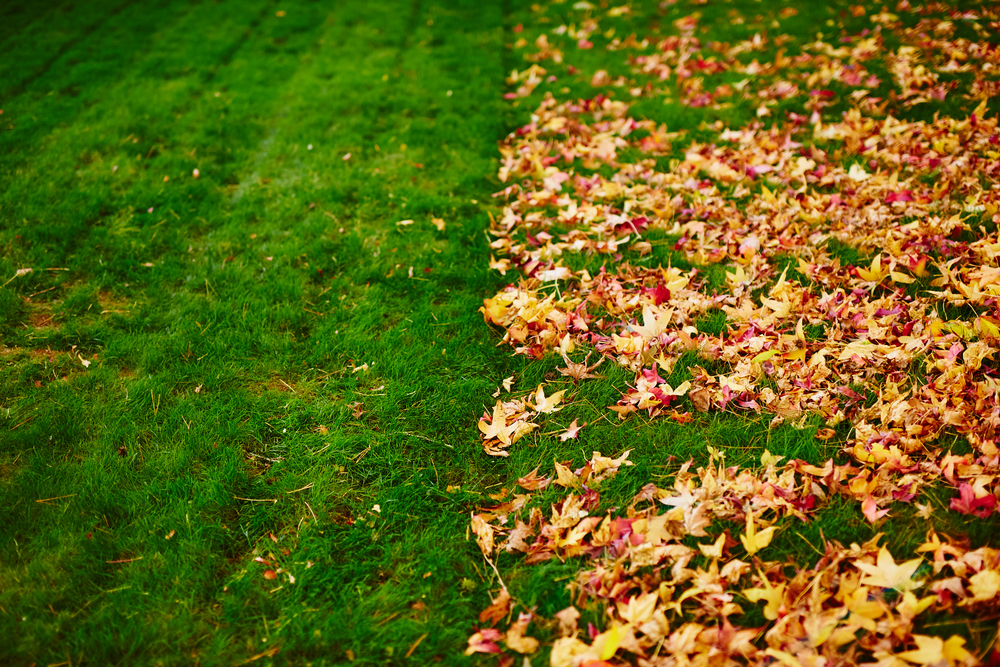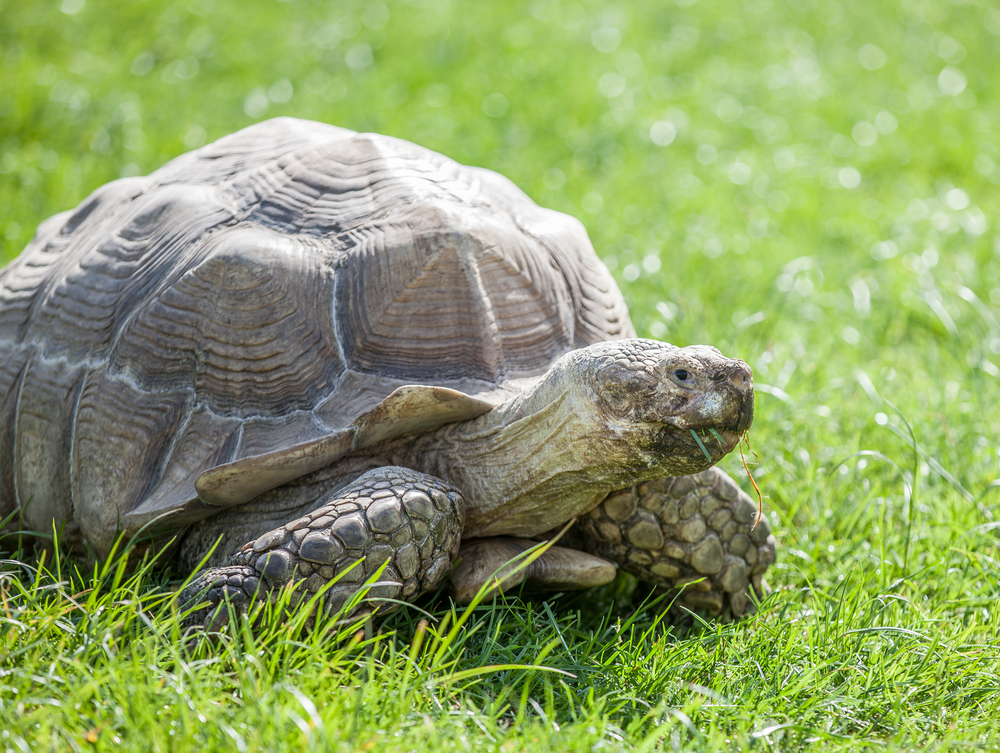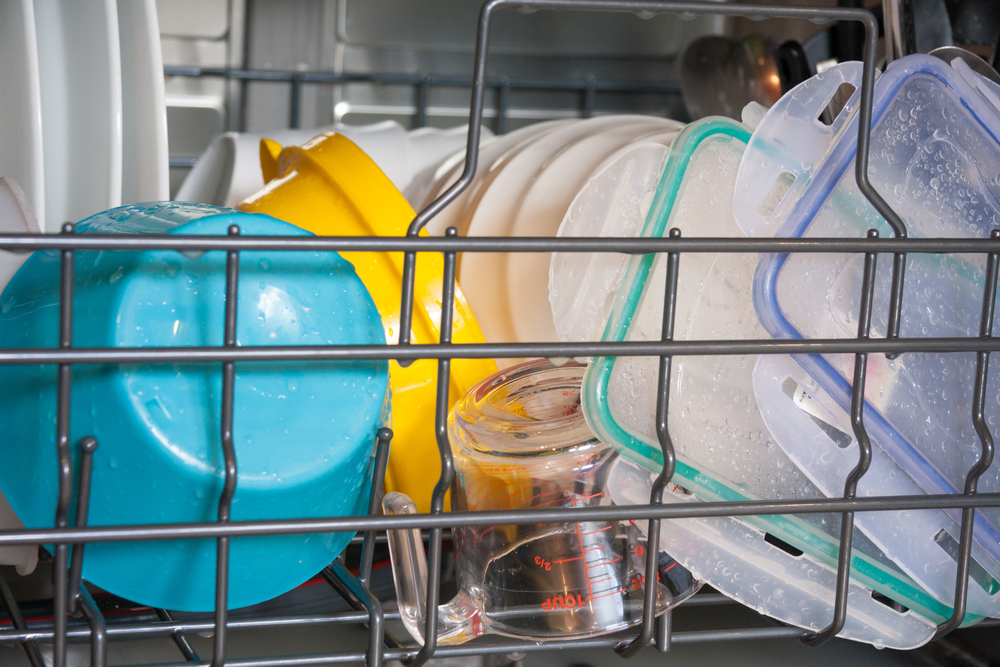If you live in temperate and cooler climates your non-coniferous trees will shed their leaves in autumn. You might be quick to clean them up before the wind blows them into deep corners of your yard or onto your neighbor’s lawn.
You can blow the leaves or rake them into piles. Then, bag them up and set them curbside for municipal pick-up, if your town offers that service. It is possible that these will end up in a landfill. However, there are ways to use those leaves that are actually good for your property and for the environment in general. Let’s explore the benefits to not raking your leaves for disposal.
Put the leaf blower away
If you absolutely have so many leaves that you really do need to rake them up, do so with a hand rake rather than a gas powered leaf blower. Blowers cause air and noise pollution. Raking is good exercise. So, if you must clear some of the leaves, do it by hand. If some of those leaves need to be disposed of, pack them in bio-degradable paper bags so they will break down if they do end up in a landfill.
Mow the leaves
While piles of large, wet leaves may damage your lawn if left over the winter, mowing them might actually help to protect the grass. Do a pass over your lawn with your mower or leaf mulcher on the fine setting to completely crush the leaves, allowing for a thin layer to remain. This can protect the grass and provide a home for beneficial insects. It also keeps the leaves from blowing all over the place. And, it feeds the roots of the grass as the leaves break down over time.
Use leaves as mulch for tree and shrub roots
Once you have shredded the leaves with a mulcher or mower, rake some of them into a mulch pile to place around shrubs and trees. Layer the mulch around roots to protect them from damaging frost. This will also discourage weeds to proliferate in the spring.
Create a compost pile
Compost is a wonderful material for nourishing gardens. Compost is basically organic material, such as leaves and table scraps, placed in a bin or tumbler. This material decomposes over time and becomes a very concentrated, rich, and nutritious food for soil. Compost adds nitrogen to the soil. You can feed your flower and vegetable gardens with this natural resource rather than chemical fertilizers. And, its free.
Summary
It might not be necessary to blow or rake up all of your fallen leaves for disposal. There are ways to repurpose this natural material that could benefit you and the planet. Utilize those leaves for grass protection, mulch, and food for your gardens.





